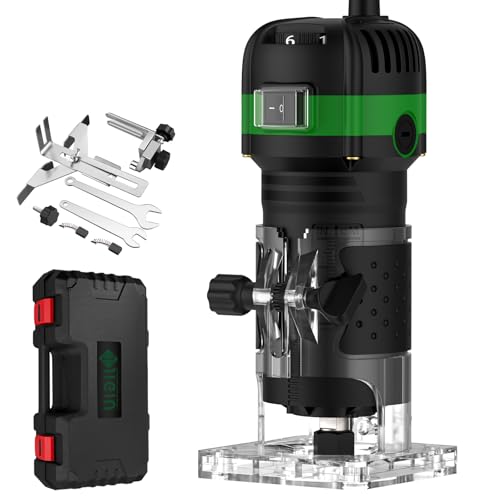LilyB
New member
Hi! I do bespoke design and creation of stuff made from wood - cabinets, desks, anything really. I'm currently full time at my day job, and was wondering if I have to pay tax on the money I make from woodwork - I don't do it for a source of income so I was wondering how it would be taxed - is it the same as income anyway? I've been looking at sites like tax calculators but really still not sure how it works and was hoping someone here is in a similar situation or has been and can help me out, it would be much appreciated

































